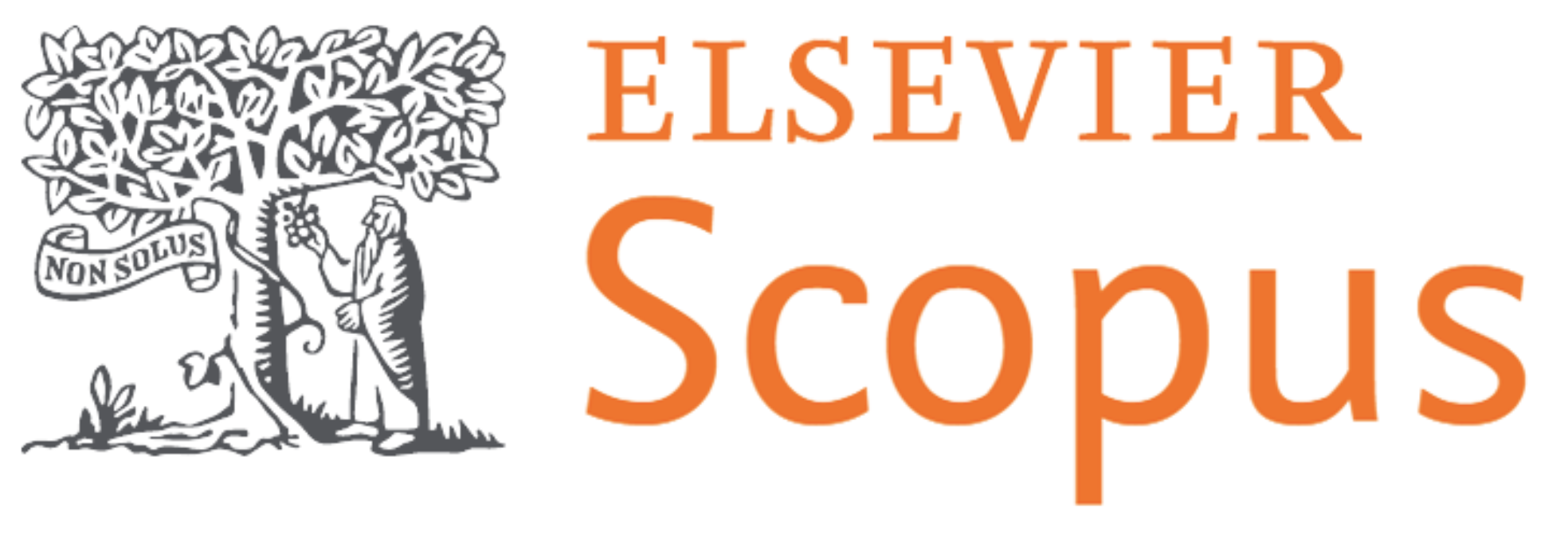Social Networks and Solidarity Economy: an Analysis Of Relationship Networks of Small Rural Producers who Participate in the Esperança/Cooesperança Project
DOI:
https://doi.org/10.17765/2176-9168.2014v7n1p%25pKeywords:
Social Network, Solidarity Economy, Co-Operatives, Family AgricultureAbstract
Studies on social networks reveal the position of each member within the group and identify those with the highest leadership potential. Current research maps and analyzes the relationship network of fruit and vegetables producers of the Esperança/Cooesperança Projeto in Santa Maria RS Brazil, foregrounded on the presuppositions of the Solidarity Economy. It actually comprises small co-operative farmers, with several activities for the commercialization of their produce. The group is composed of 15 producers of whom 60% commercialize 75% of their produce through the project. Network revealed two producers (L and M) with special interactions with the other participants. They are extremely relevant in the group, featuring leadership and communication roles. The group´s interaction depends on these two leaders who act as intermediates within the information flow. Mapping also identified the peripheral people with small or no influence on the group. Mapping actually showed the need for the adoption of strategies that may aggregate more and more the peripheral people and promote more leaders within the network. The latter will provide more density to relationships and cooperation among individuals to achieve the group´s aims.Downloads
Published
2013-07-16
How to Cite
Ferreira, G. M. V., Von Ende, M., Rossés, G. F., Madruga, L. R. da R. G., & Marçal, D. R. (2013). Social Networks and Solidarity Economy: an Analysis Of Relationship Networks of Small Rural Producers who Participate in the Esperança/Cooesperança Project. Revista Em Agronegócio E Meio Ambiente, 7(1). https://doi.org/10.17765/2176-9168.2014v7n1p%p
Issue
Section
Agrobusiness
License
A Revista se reserva o direito de efetuar, nos originais, alterações de ordem normativa, ortográfica e gramatical, com o intuito de manter o padrão culto da língua, respeitando, porém, o estilo dos autores. As opiniões emitidas pelos autores são de sua exclusiva responsabilidade.Os direitos autorais pertencem exclusivamente aos autores. Os direitos de licenciamento utilizado pelo periódico é a licença Creative Commons Attribution
 Creative Commons Atribuição 4.0 Internacional. São permitidos o compartilhamento (cópia e distribuição do material em qualquer meio ou formato) e adaptação (remixar, transformar, e criar a partir do trabalho, mesmo para fins comerciais), desde que lhe atribuam o devido crédito pela criação original.
Creative Commons Atribuição 4.0 Internacional. São permitidos o compartilhamento (cópia e distribuição do material em qualquer meio ou formato) e adaptação (remixar, transformar, e criar a partir do trabalho, mesmo para fins comerciais), desde que lhe atribuam o devido crédito pela criação original.










